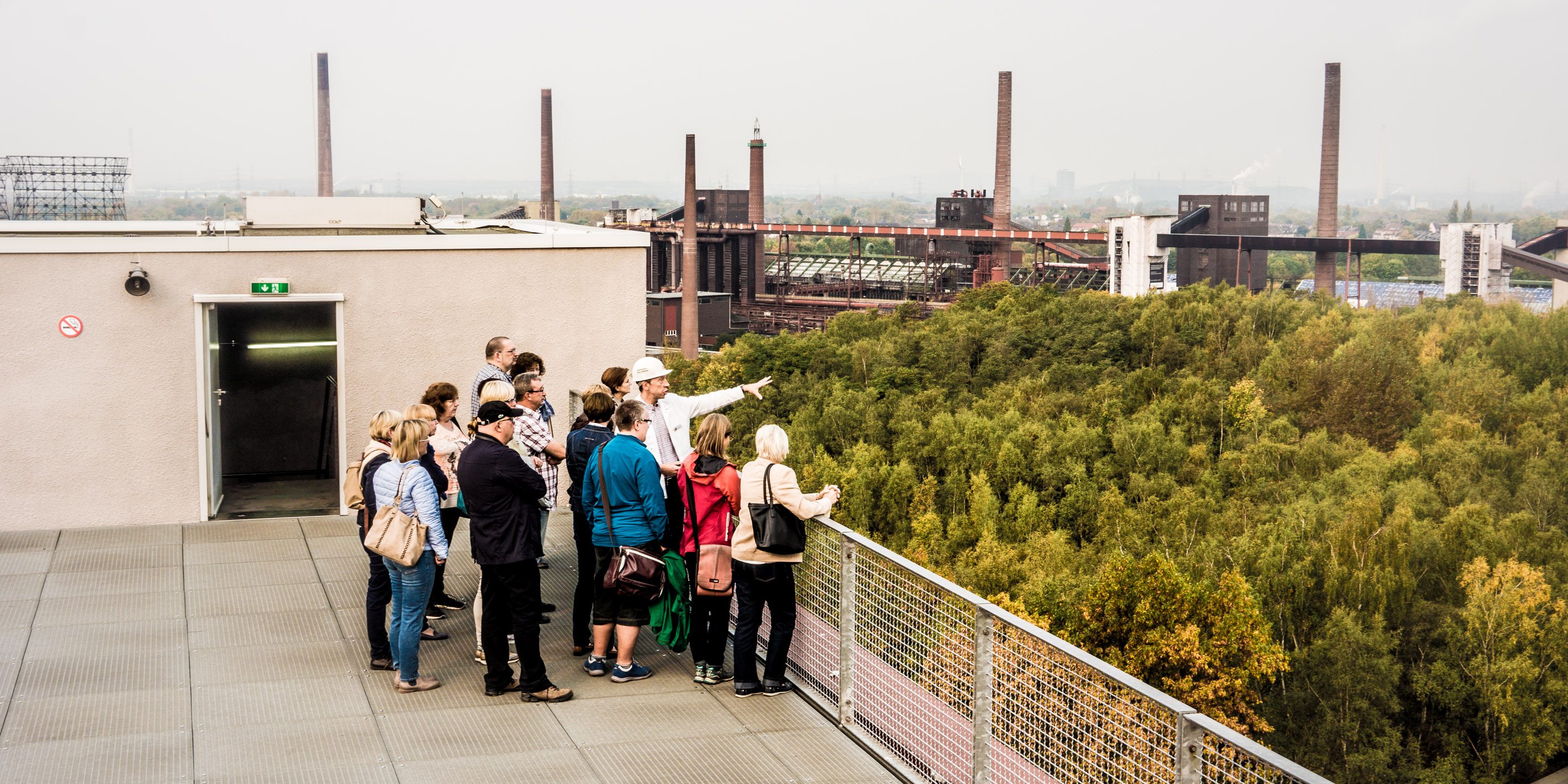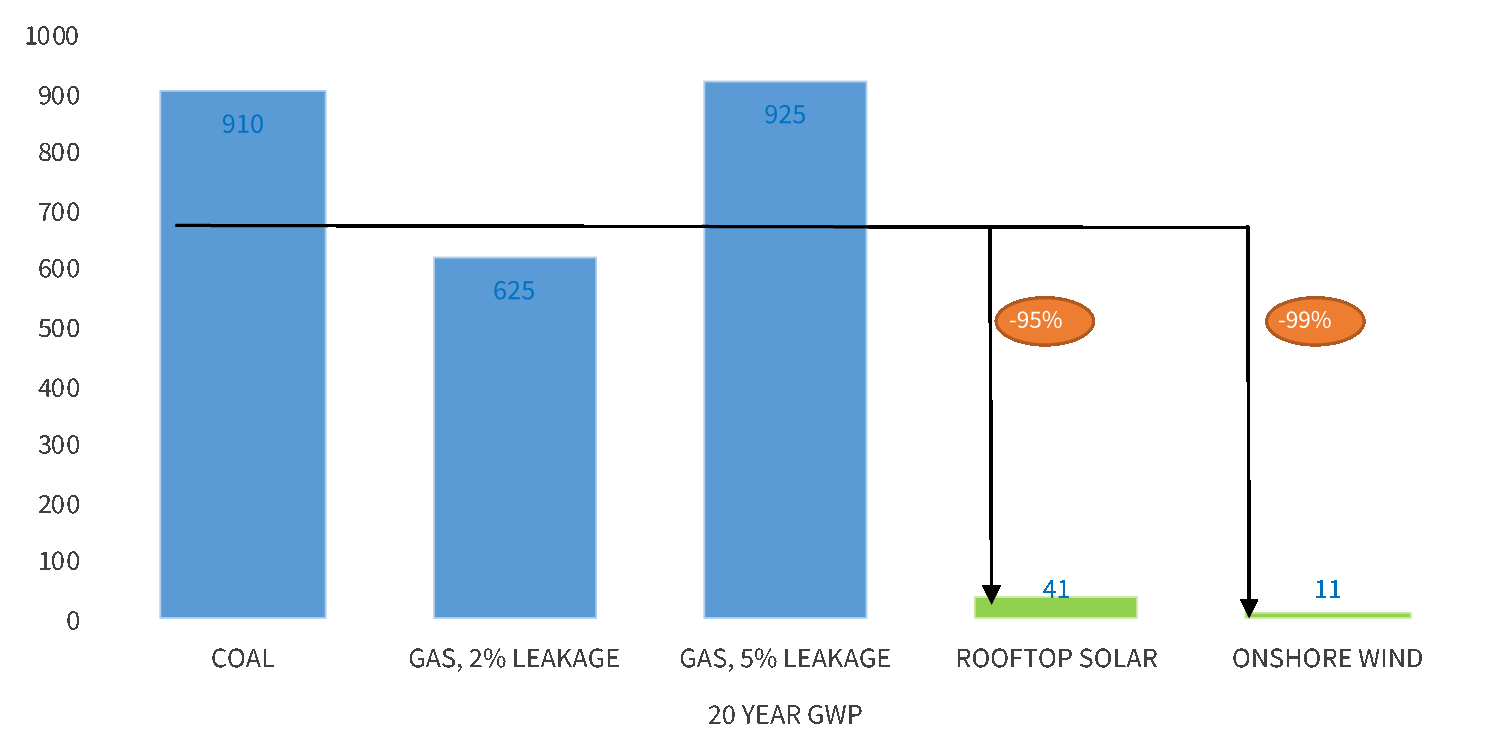The Commission’s proposal for a Just Transition Fund is encouraging as fossil fuels have been excluded. Special attention should be given though to key elements such as its mode of governance, geographical scope, and the types of activities eligible for funding.
Raphael Hanoteaux, Alexandru Mustata, | 14 January 2020

The idea for a JTF was proposed back in November 2018 by the Committee on Industry, Research and Energy of the European Parliament. The mechanism revealed today totals 7.5 billion euros, complemented by a dedicated scheme under InvestEU and a public sector loan facility with the European Investment Bank to mobilise additional investments to the target regions.
Governance of the fund is critical
Participation and consultation with concerned stakeholders is needed at all stages. To this end, the Partnership principle needs to be applied as within the framework of the Structural Funds. Moreover, the Coal Regions in Transition platform could assist the European Commission in specifying the details of the Just Transition Fund and its future revisions in a participatory manner.
Indeed, transformation should be tailor-made to regional needs, with an emphasis on broad and thorough participation, and activities that do not comply with the partnership principle should not be funded. Specifically, the territorial transition plans foreseen in the proposal should be designed with full transparency and the participation of local stakeholders.
Strong safeguards against fossil fuels
Another key factor is the scope of the fund. To be successful, the JTM should have strong safeguards against fossil fuels. Even though the proposal doesn’t leave room for fossil fuels to be supported by the fund, the InvestEU part of the mechanism leaves the door open for supporting gas infrastructure.
We believe that this is a crucial mistake, and that the whole mechanism should build upon the criteria on the new EIB Energy policy as a minimum standard. Projects should prioritise energy efficiency, enable the scaling up of innovative energy storage, e-mobility and renewables, ensure grid investment, and set an Emission Performance Standard of 100g CO2/kWH in order to send a strong signal to both the power industry and investors (nb the current EIB energy policy has an EPS of 250g CO2/kWh, which should be more ambitious).
Gas cannot be a part of the just transition
Investments should be sustainable and create long-lasting jobs. Natural gas will need to be phased out by 2035; thus investments in new capacities will create stranded assets. Prof. Broderick and Dr Anderson from the University of Manchester report that additional reserves of fossil fuels, including natural gas, clearly have a nonexistent role in energy production after 2035 if the objectives of the Paris Agreement are respected. Lifecycle emissions for conversion from fossil fuels to renewable energy sources are summarised in the chart below. Gas power plants are profitable only during peak demand hours — the costs are too high.

Lifecycle greenhouse gas emissions, kgCO2eq/MWh; source CEE Bankwatch Network, 2019 based on data (EBRD 2018) and (IPCC 2014 )
Stakeholders receiving funding from the Just Transition Fund should have a clear fossil fuels phase-out strategy. The goal should be to create incentives for the decarbonisation of industries, regions and member states in line with the Paris agreement (e.g. prioritisation of the most ambitious regions by providing higher co-financing with European funding for the best performing member states).
The need for decarbonisation
Companies with a high proportion of fossil fuels in their energy and entrepreneurial portfolios should be eligible to draw EU funds only after they deliver a decarbonisation plan that is in line with the obligations of the Paris Agreement. The first emission reductions must be measurable already during the implementation of the project supported by EU funds.
Furthermore, no financial support should be directed to companies planning new extraction or new energy production from fossil fuels, including the purchase or upgrade of existing fossil fuels activities. There is a risk that investment in fossil-fuel infrastructure projects will lead to the construction and the prolongation of the lifetime of unnecessary resources that will produce overpriced energy.
Therefore, any support from EU funds to companies involved in the extraction and production of energy must lead to an absolute reduction in greenhouse gas emissions in both the short and the long term. The reclamation of land affected by mining and coal burning, should be in line with the polluter pays principle. Public finance also must not replace the obligations of private polluters.
Social aspects should also be taken into consideration, for example by building the capacities of local municipalities, regions, civil society, trade unions, and small and medium enterprises for implementing climate and energy policies (i.e. renovation of public buildings, sustainable transport etc.).
Quality jobs should be supported through good wages; reliable standard employment and affordable social protection, lifelong learning opportunities, good working conditions in safe and healthy workplaces, reasonable working hours with good working and private life, and representation of trade unions and bargaining rights.
Most importantly, projects should prioritise activities that have positive social impacts and constitute long-term employment, e.g. municipal enterprises for reskilling and local production and consumption, not only focused on short-term profit.
Financing the transition
It is a positive that the Mechanism links itself also to Cohesion funding, which has multiple times the amount of funding proposed in the Just Transition Fund and can effectively support clean energy investments. Using resources jointly can create more positive synergies to effectively support the transition, especially if mandatory spending on relevant policy objectives (e.g. P.O. 2 – A Greener, low carbon Europe) is safeguarded during the trilogues on cohesion policy.
Never miss an update
We expose the risks of international public finance and bring critical updates from the ground – straight to your inbox.
Institution: EU funds
Theme: Just transition | EU funds
Project: Just transition
Tags: Just Transition Mechanism | coal | just transition
